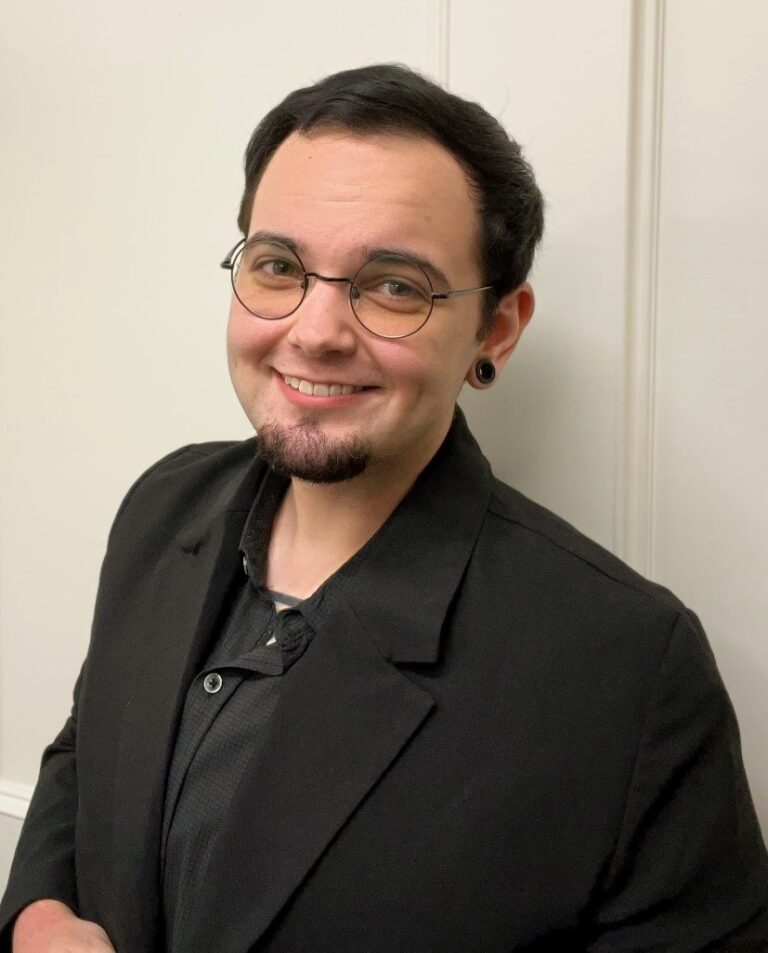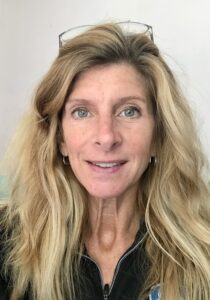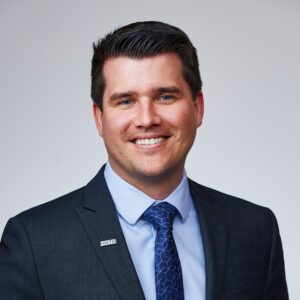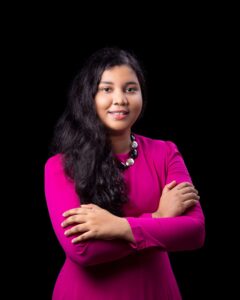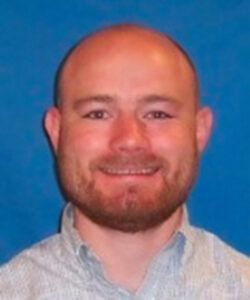Please provide a summary of your job or research. What is an average day like? What are some duties performed?
I am a translational communicator and graduate student at the University of Houston. What is translational communication? Well, the main purpose of research is to find out new things and share information that can improve the world around us. For instance, think about how scientists discovered insulin and realized it could help control blood sugar in people with diabetes, then shortly after this discovery, insulin became a common treatment for diabetes. Translational communication helps speed up this process by taking complex research and explaining it in a way that non-scientists can understand. The more people that understand a scientific problem, the more minds that can help solve it, even if they aren’t scientists themselves.
My main interests are environmental and medical education. As a translational communicator, my day usually starts with important people like industry leaders, doctors, or researchers asking me about a medical or scientific problem. I then gather research about the issue, write down detailed information about the problem in understandable terms, and describe how we might solve it based on current knowledge. After that, I use this information to help answer their questions or direct them to experts who can help further. Edheads is a great example of translational communication making science accessible and fun for everyone. Here, our job is to turn scientific information into easy-to-learn educational material and inspire kids to follow a path in STEM.
What is your educational background and what prompted you to go this direction?
I am currently a health communication graduate student at the University of Houston, where I conduct neuropsychological research and write about the cognitive impacts of stress (AKA, how stress changes the way you think!). I also have extensive experience in public health and market research, where I have studied a wide range of social, medical, and economic issues that we face every day. I received my bachelor’s degree in public health and psychology, with a biology minor, at the University of Houston.
I decided to pursue a career in translational communication after I started my research and discovered that new innovations in healthcare and science weren’t reaching people who studied in their respective fields, let alone the general public. I believe science and health information becomes more accessible to everyone we can greatly improve society together.
What have you struggled with or overcome in your educational path or life path to get to this point?
I had an extraordinarily difficult time during my undergraduate career, I grew up in a poor household, could barely afford college, and nearly dropped out several times due to finances. The COVID-19 pandemic also began during my sophomore year, not to mention the personal health issues and family problems I faced during my studies. However, I always kept my hopes high and believed that I could reach my goals to help make a positive impact on the world, so I did! I learned to take opportunities as they came and to use every new experience to learn about the world. Now, I am the first in my family to enter a graduate program, and I am prepared to begin my dream career. If you never give up on achieving your dreams, you will get there, even if it’s not exactly the path you had in mind!

What is the best part of your job/research?
The best part of my job is being able to teach others. Doing research is fun, but there’s nothing quite like the thrill of breaking down a tough idea for someone and watching the lightbulb go off in their head. The moment they grasp the concept and get excited about how awesome the subject is – that’s absolutely unbeatable.
What is the worst part?
I learn about new scientific issues every single day, and oftentimes I find solutions to them too. However, the worst part of my job is knowing that no one person can fix every problem in society, even through education. Yet, I do believe education is our best chance at promoting a happy and healthy world.
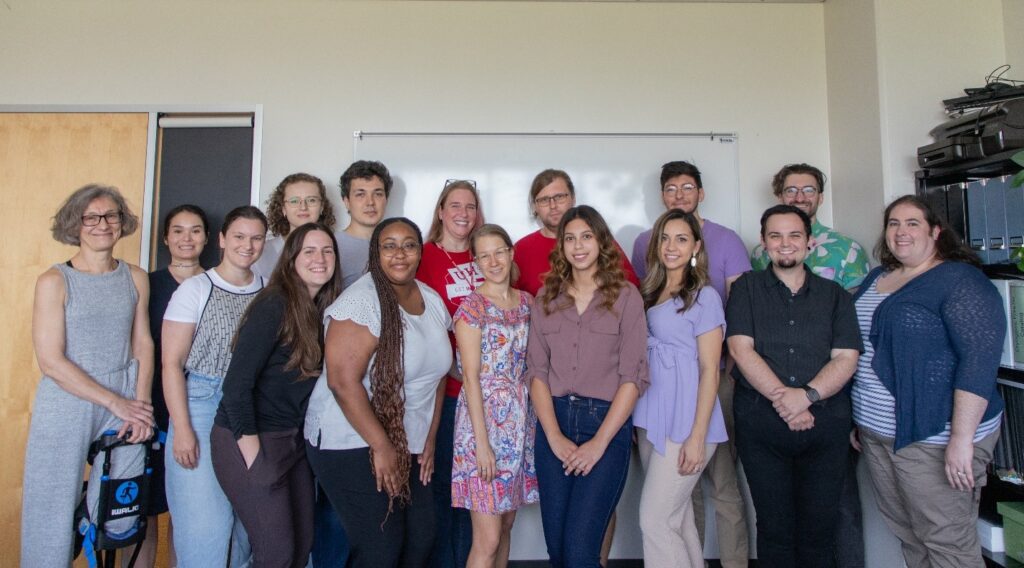
What has changed about your profession in the past ten years?
Translational communication is a relatively new field. In the past, communication was an undervalued field, but in the past 2-3 years, many industries have discovered how important it is to an effective workplace— scientists figured this out too! Academic writing has been full of jargon and difficult for non-experts to understand for the past 60 years. However, researchers now understand the value of plain-language writing and are searching for skilled scientific writers to help convey their research properly.
What do you think will change in the next ten?
As the general public starts to appreciate the value of communication as a tool for improving our society, I believe the value of translational communication and scientific writing will increase tremendously. The increase in demand is already apparent in the employment industry.

